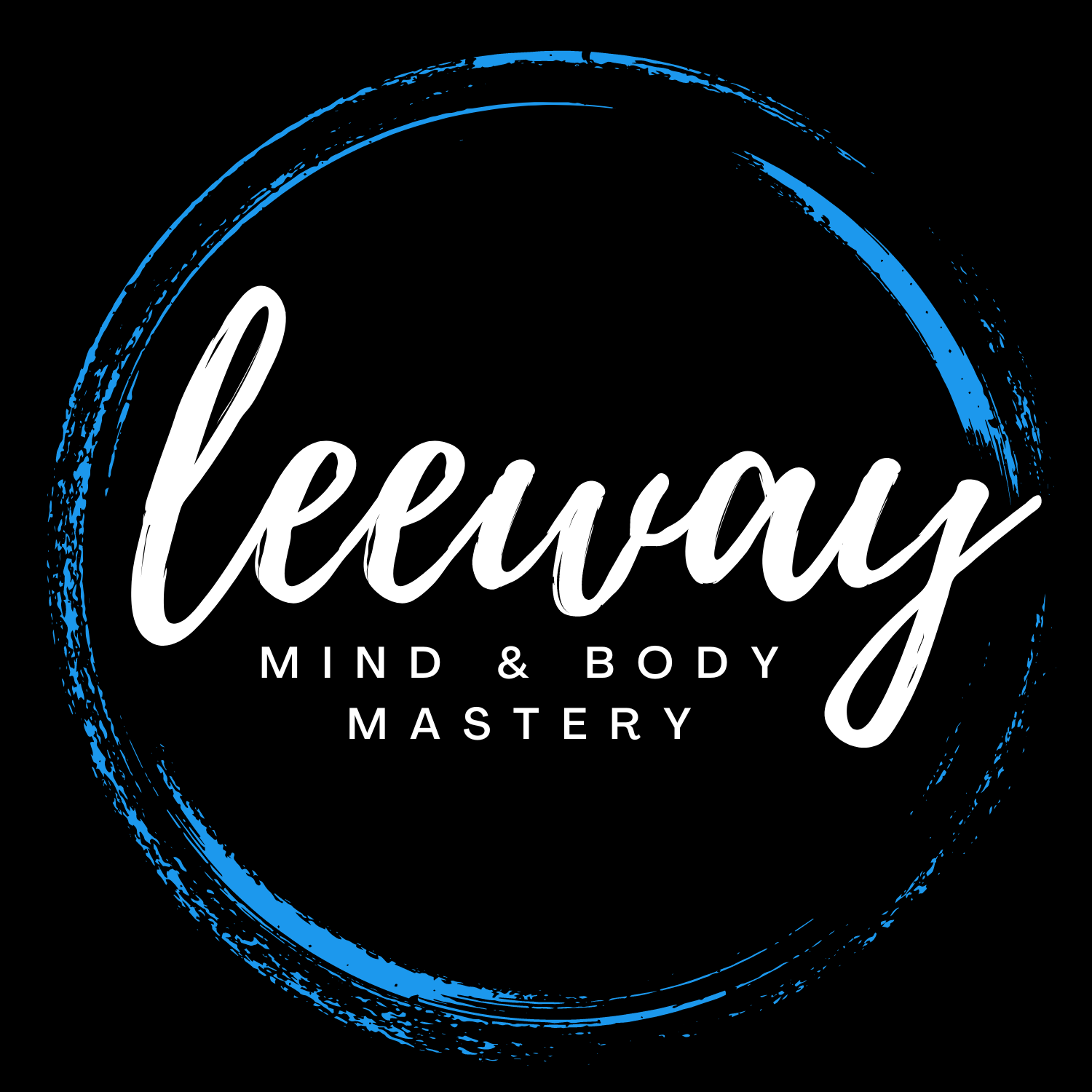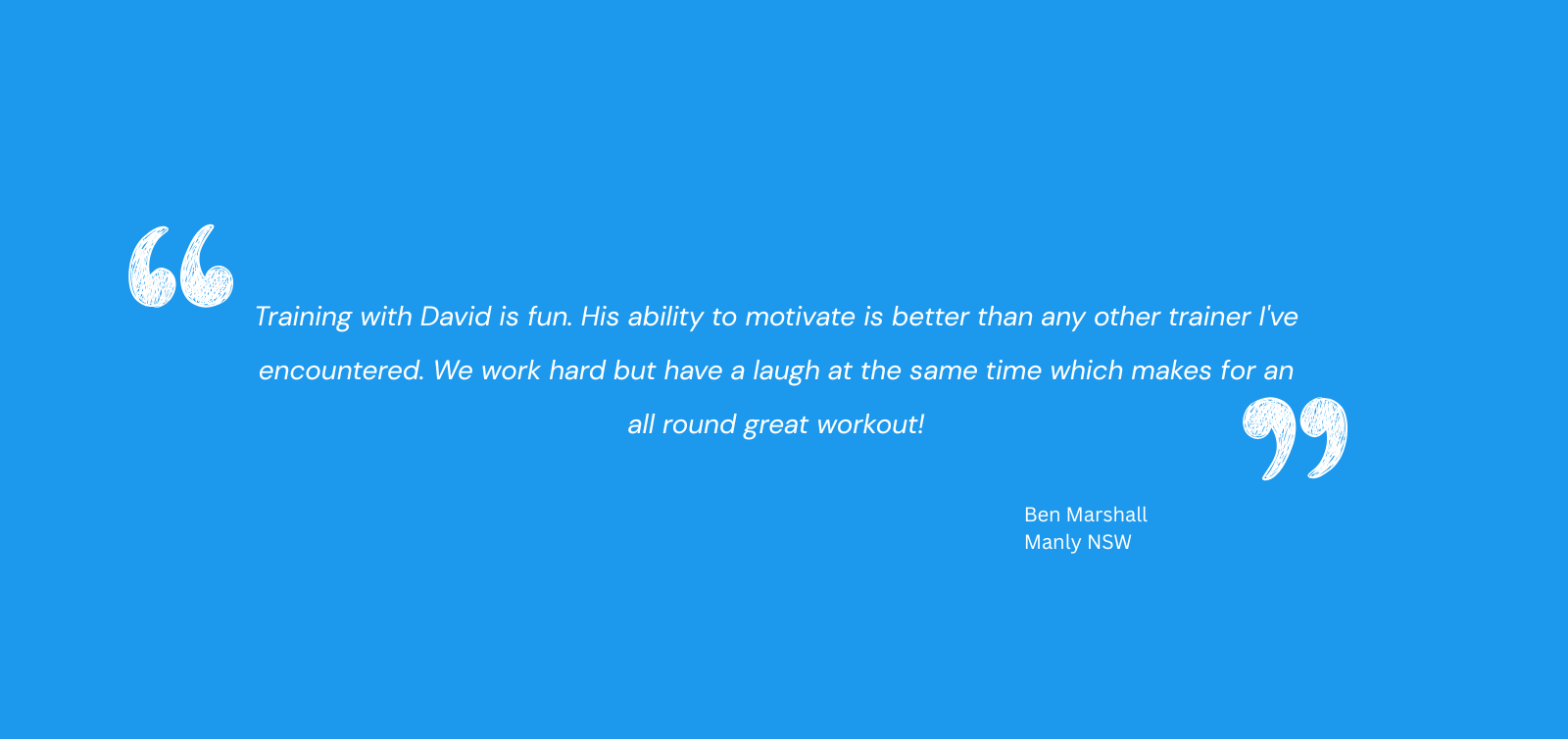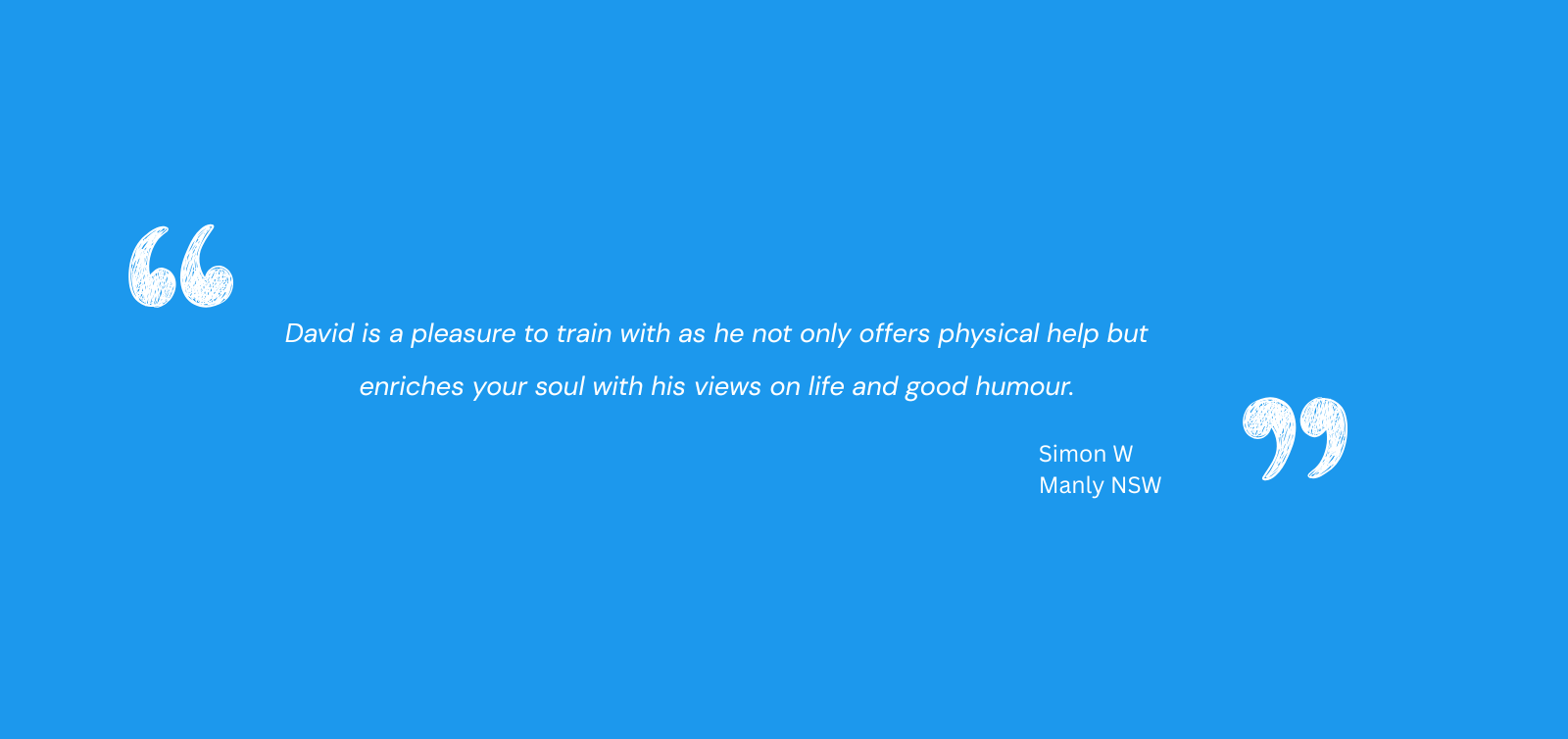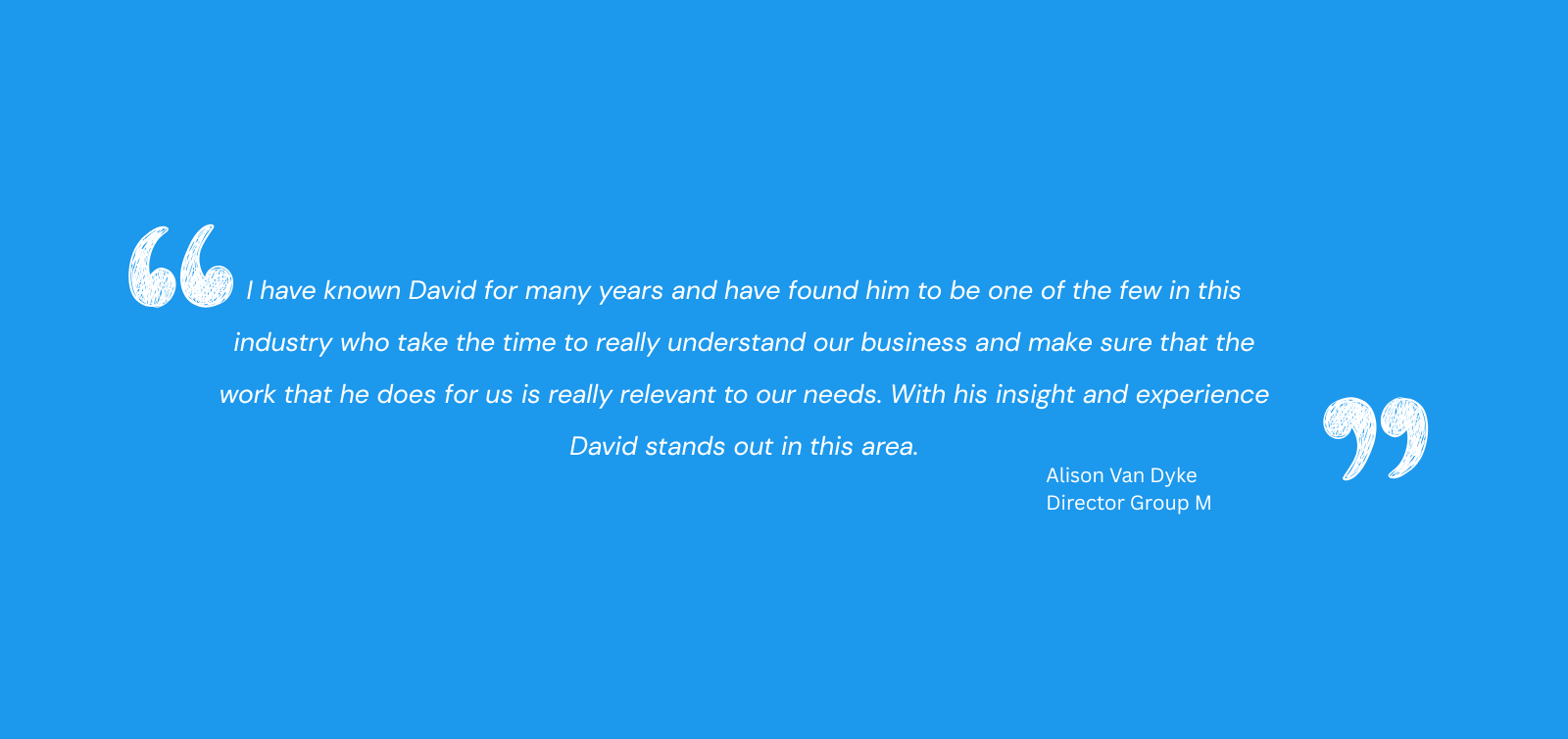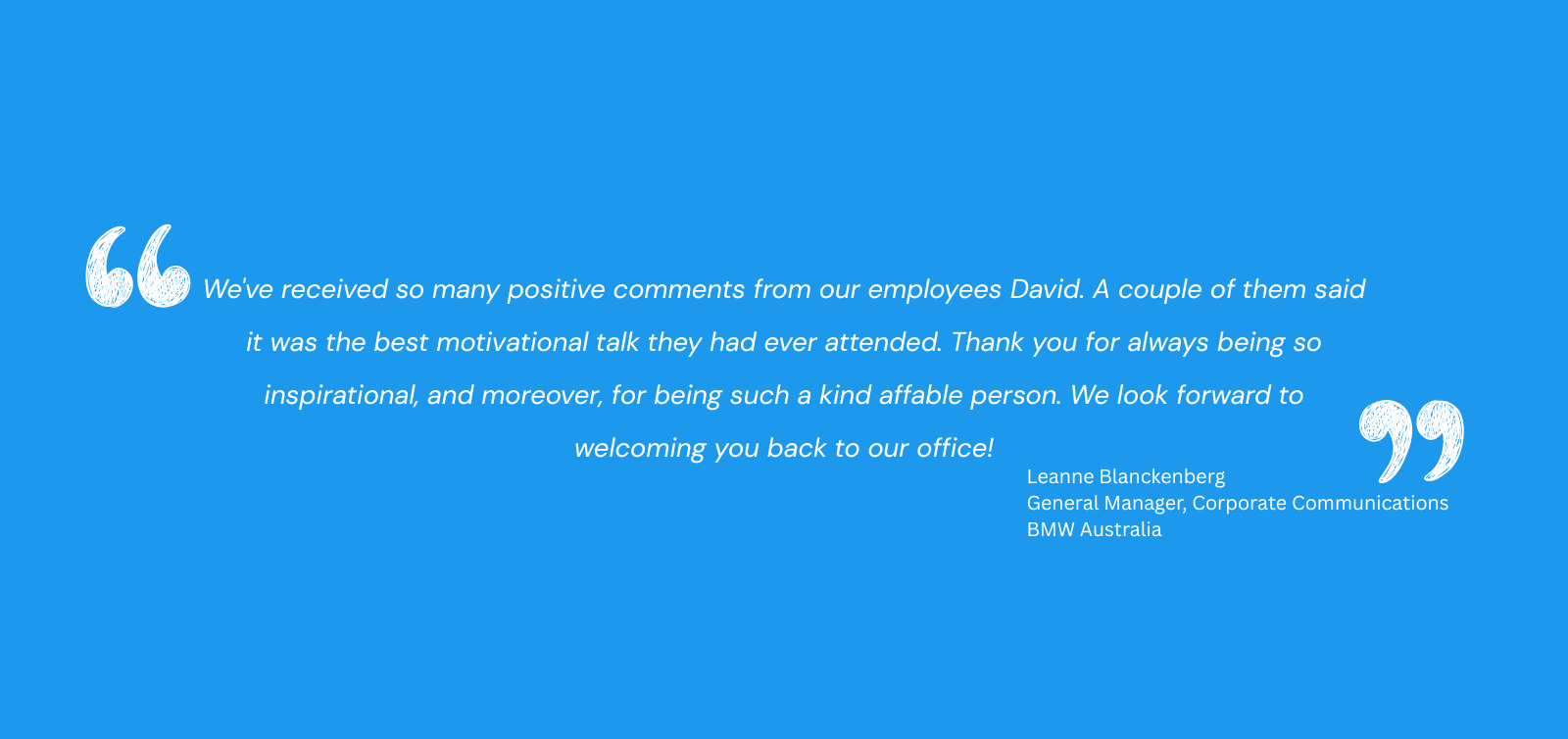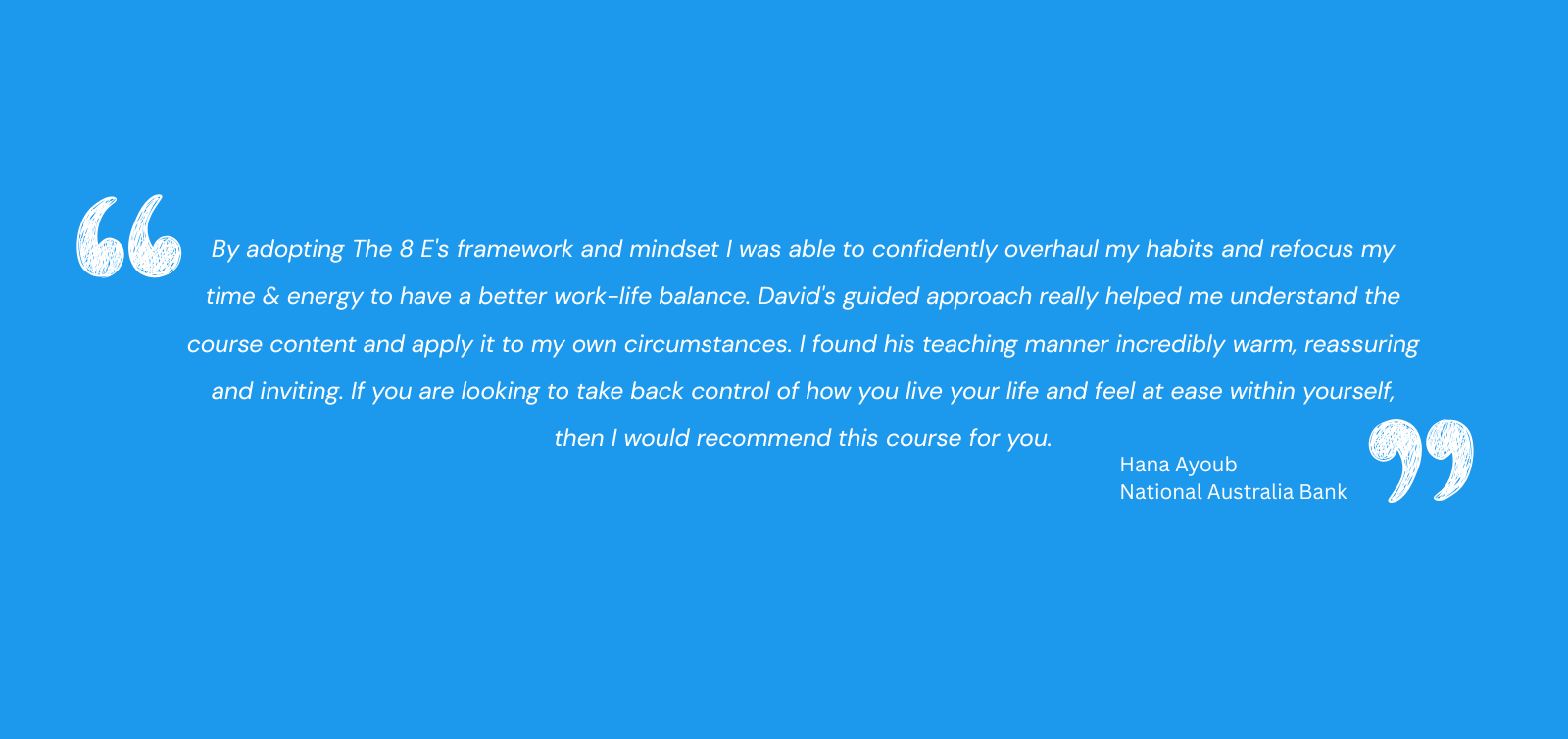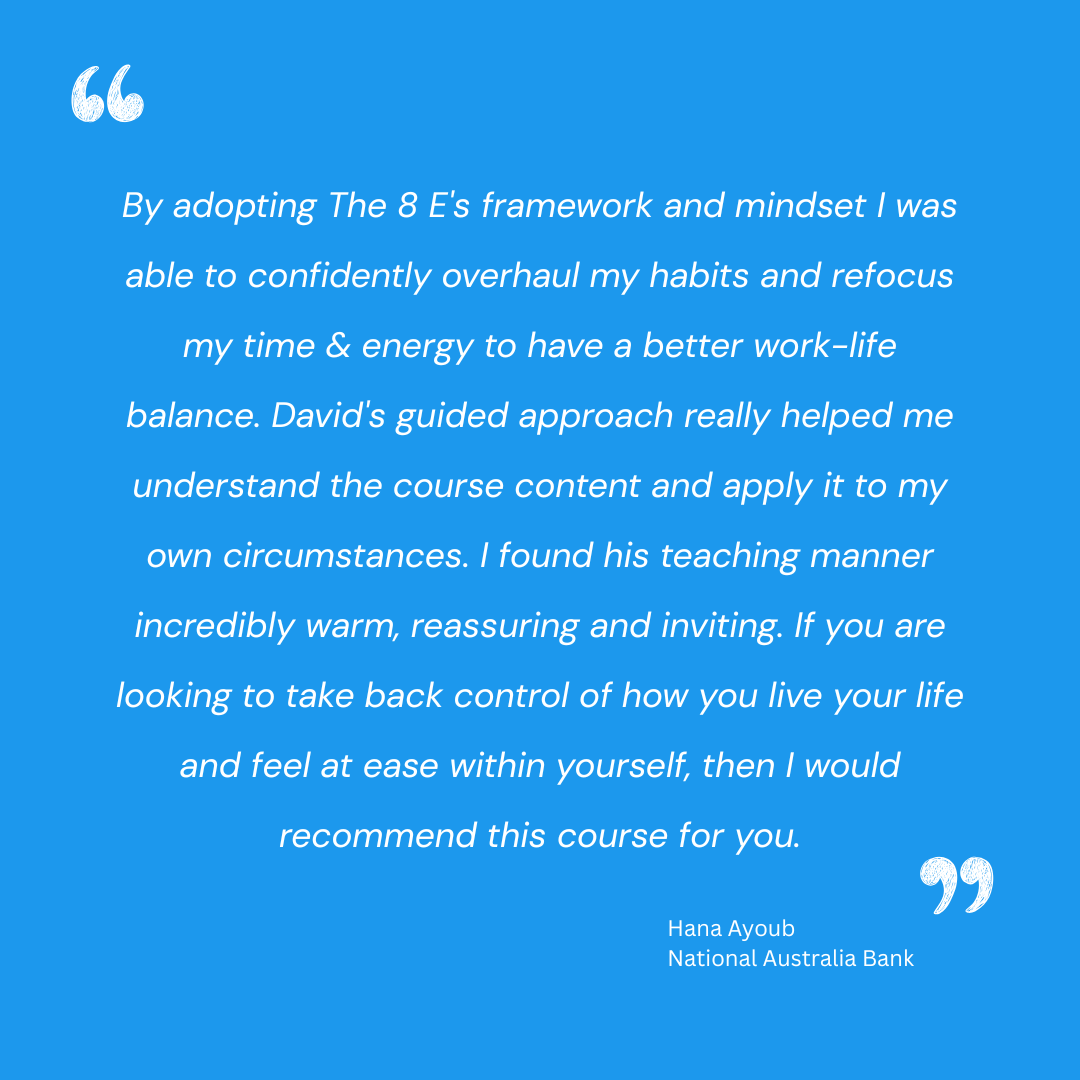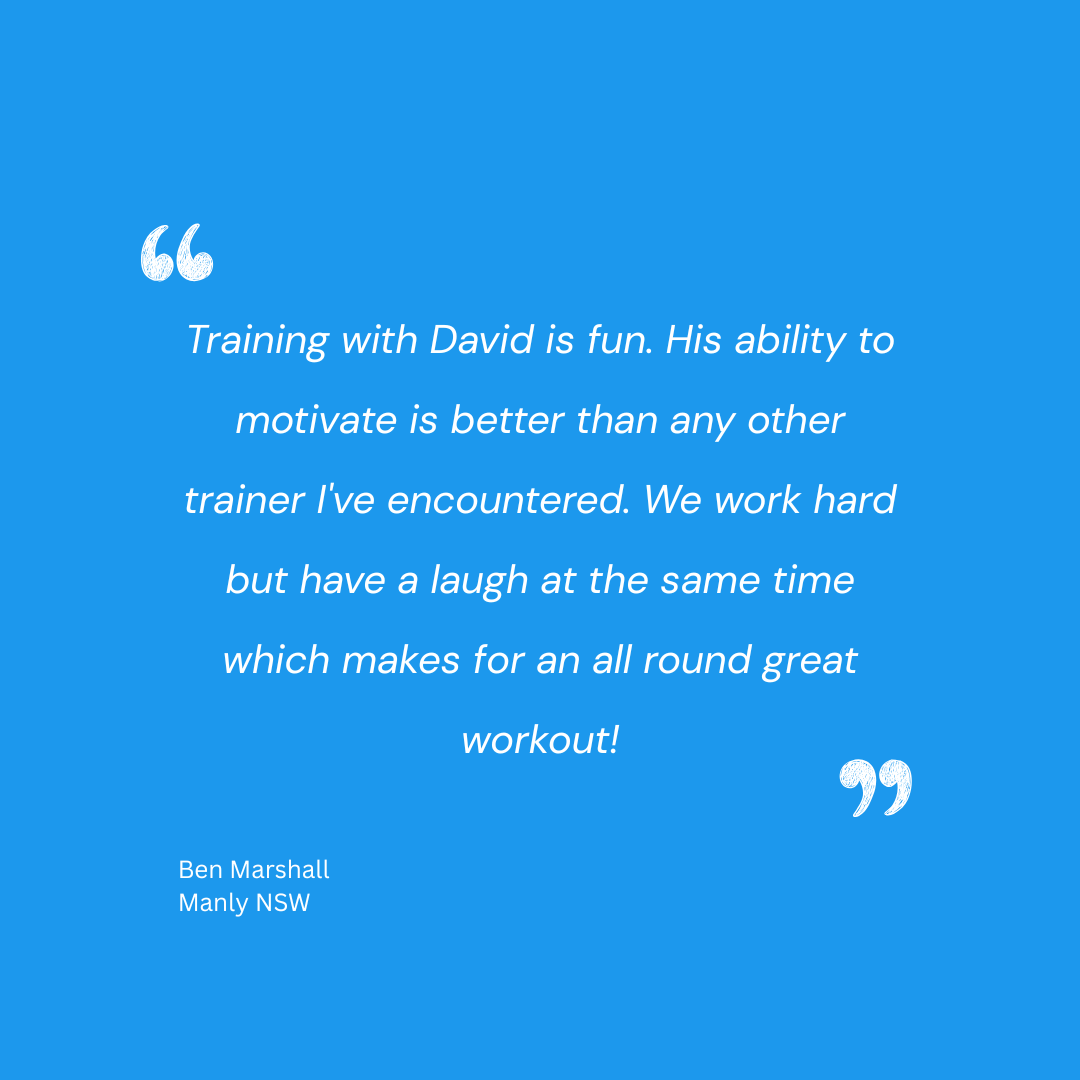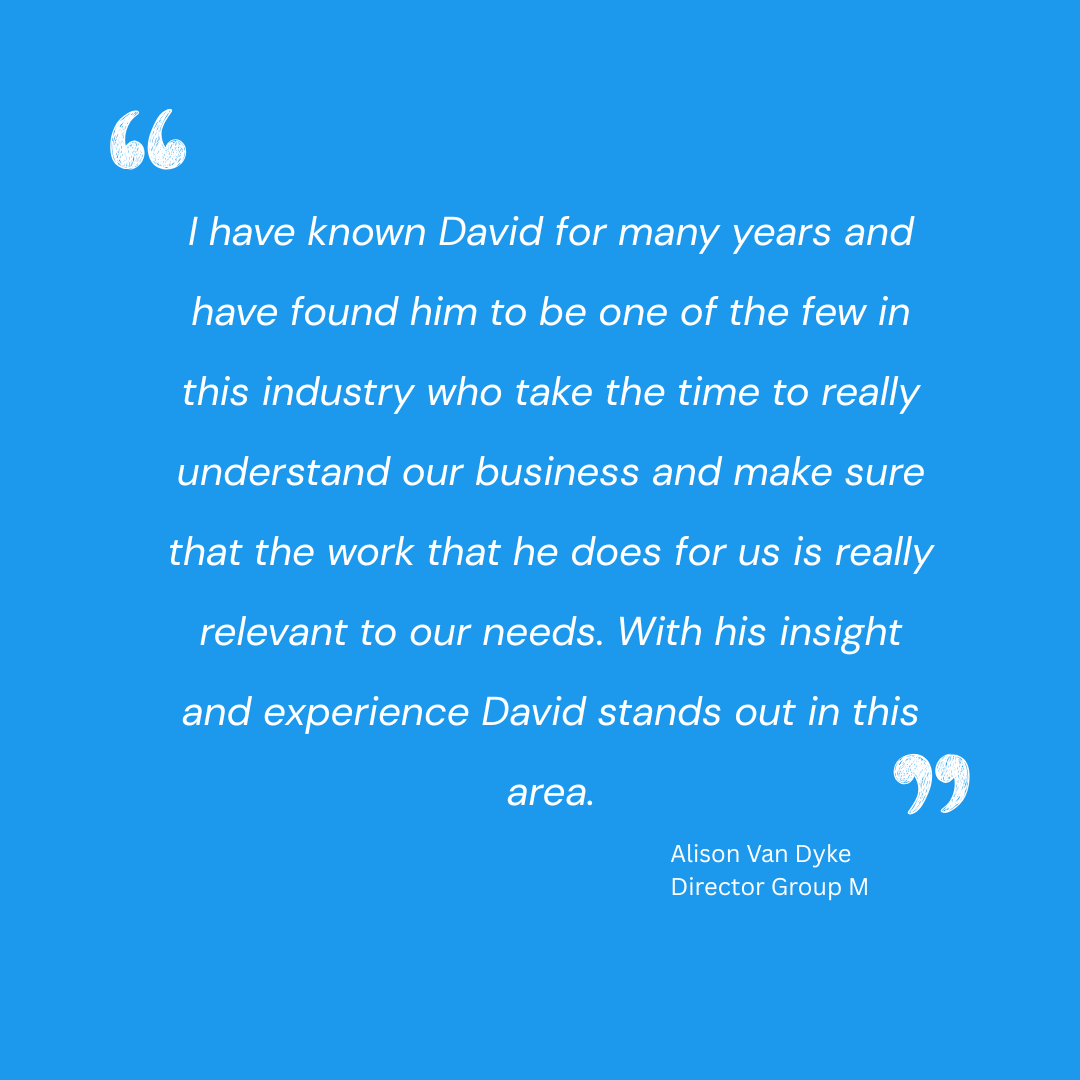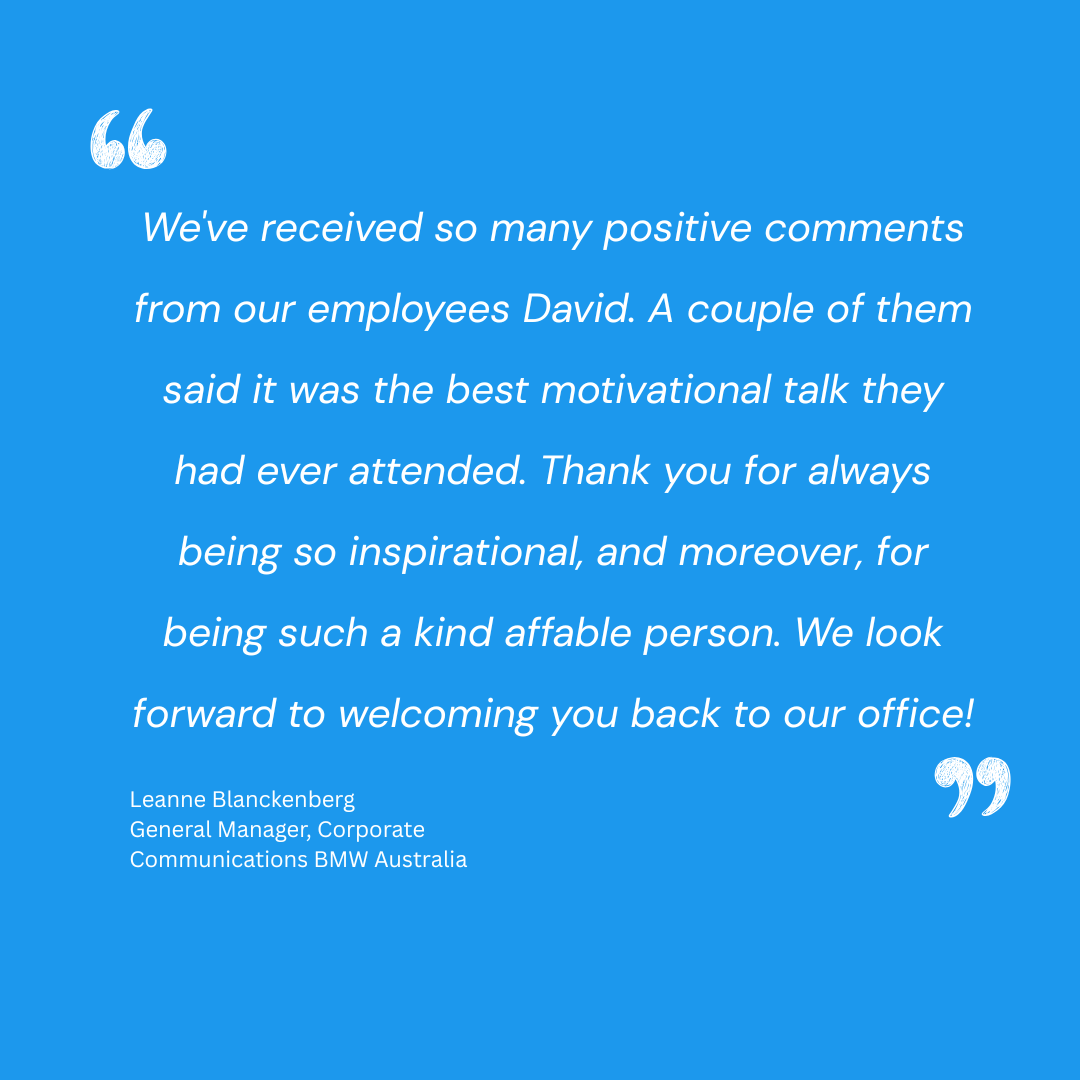IS WORK-LIFE BALANCE A HIT OR A MYTH?
"Better learn balance, balance is key" Mr. Miyagi
I believe work-life balance is your ability to leave work at work at the end of the day, especially on weekends, and enjoy a fulfilled life rather than maintain a busy life.
Little by little a little becomes a lot and the sooner we look at our daily lives from an irons in the fire perspective, rather than a spinning plates way of living, we will all find peace.
In the busy person's life, through being overwhelmed, a lack of planning, and distractions, if one plate falls to the ground, the others all seem to come crashing down as well.
In the fulfilled, well-ordered person's life, their irons in the fire are watched carefully with focus and if one of the fires appears to be losing heat, the iron of that area of life is stoked, and if need be, more "fuel" is added to heat things up.
It is said that stress is determined by the degree to which we feel in control or out of control of our lives. Planning and scheduling is a form of control. Lack of planning and scheduling is a form of chaos.
Curiously, the hit American TV Series "Get Smart," which appeared on television between 1965 & 1970, was about a fictional secret U.S. government agency created to combat the threats posed by the evil organisation known as KAOS. The good guys were known as CONTROL.
CONTROL's primary role was to protect the United States and the world from KAOS's nefarious schemes, which often involve espionage, sabotage, and other acts of villainy. CONTROL employed strategic intelligence to outsmart and defeat KAOS, ultimately working to preserve peace and stability. Balance.
An imbalanced life, where one doesn’t take personal responsibility, results in a life full of blame. Blame is a form of reactivity, where as personal responsibility is just that, your ability to respond.
In Viktor Frankl's “Man’s Search For Meaning" he describes responsibility.
“Between stimulus and response there is space and in that space lies our power to choose our response and in that response lies our growth and our freedom."
The net effect of not finding balance is our loss of freedom. Freedom breeds creativity. Creativity breeds growth.
I used to say that road rage is the fault of the person in front of you, for you running late. I’ve since come to believe that road rage and overwhelm is everybody else’s fault for you not having a plan.
Time management is life management. Leaders who encourage employees through wellness programs, gym memberships, walking meetings and inspirational speakers, know that physiology is psychology; how you feel is how you think. The most excellent way to kickstart feeling good is to move as soon as possible in the morning and to journal about your thoughts.
In everything you want in life, I ask you to consider what your action steps are in getting what you want and how you can make these action steps happen.
Within my DREAM goal setting acrostic A stands for Action and M for Make it happen. If you don’t do the A & M in the a.m., you won’t do them in the p.m., and the PM (post-mortem) will arrive a lot sooner than it should.
When Tim Ferris wrote the book “The 4-hour Workweek” back in 2007, he promoted the idea of lifestyle and time freedom and that you could convince your employer to allow you to work from home. I read the book in 2008 and convinced my boss at the time to allow me to work from home three days a week. When Covid hit, and we complained about not going to the office, I knew people would soon catch on.
The downside, and it comes back to balance, is that many people are now living at work, rather than working from home.
So, alarm clocks and timers need to be set, along with planning and scheduling.
Complaining about administrative work performed in your leisure time and blaming your Boss because you didn't schedule time for administrative work or taking time away from your family and loved ones for this "work" is a form of organised chaos.
My book due to be released in the U.S, the U.K and here in Australia on May 21st this year,
"IS YOUR BOSS MAKING YOU SICK?” provides a framework for how to achieve work-life balance.
You see, your BOSS may own you for the 8 hours they pay you, and the sandman may own you for the 8 hours of sleep you pray for each night, but how you spend the 8 hours of leisure that YOU own, determines whether you will have a balanced and fulfilled life.
So, you need a morning routine, and you need an evening ritual. It is just as hard to go to bed early as it is to wake up early. Set an alarm to go to bed and turn the snooze option off your morning alarm.
The subtitle of my book is “THE 8 E’S OF EQUILIBRIUM TO MASTER WORK-LIFE BALANCE”
These 8 E’s are:
- Enlightenment
- Education
- Exercise
- Eating
- Engagement
- Encouragement
- Entertainment
- Embodiment
Divide them into morning, daytime, and evening activities, and spend an hour on each daily. You'll find your balance sooner than you think.
For an advanced copy, 25% off the cover price and free delivery within Australia, click in the blue title below and enter I AM THE BOSS at checkout, and I’ll sign your copy with gratitude (an Enlightening behaviour) IS YOUR BOSS MAKING YOU SICK? BOOK
Here's to a balanced and fulfilling life!
Be Well.
DL
Don’t keep this to yourself. Spread the word.


